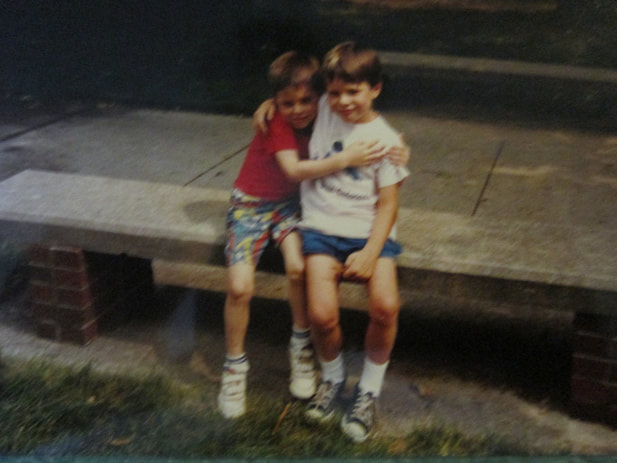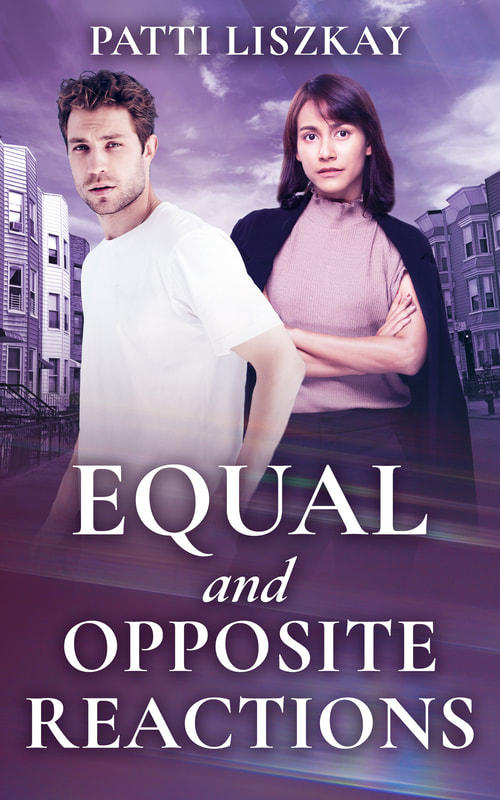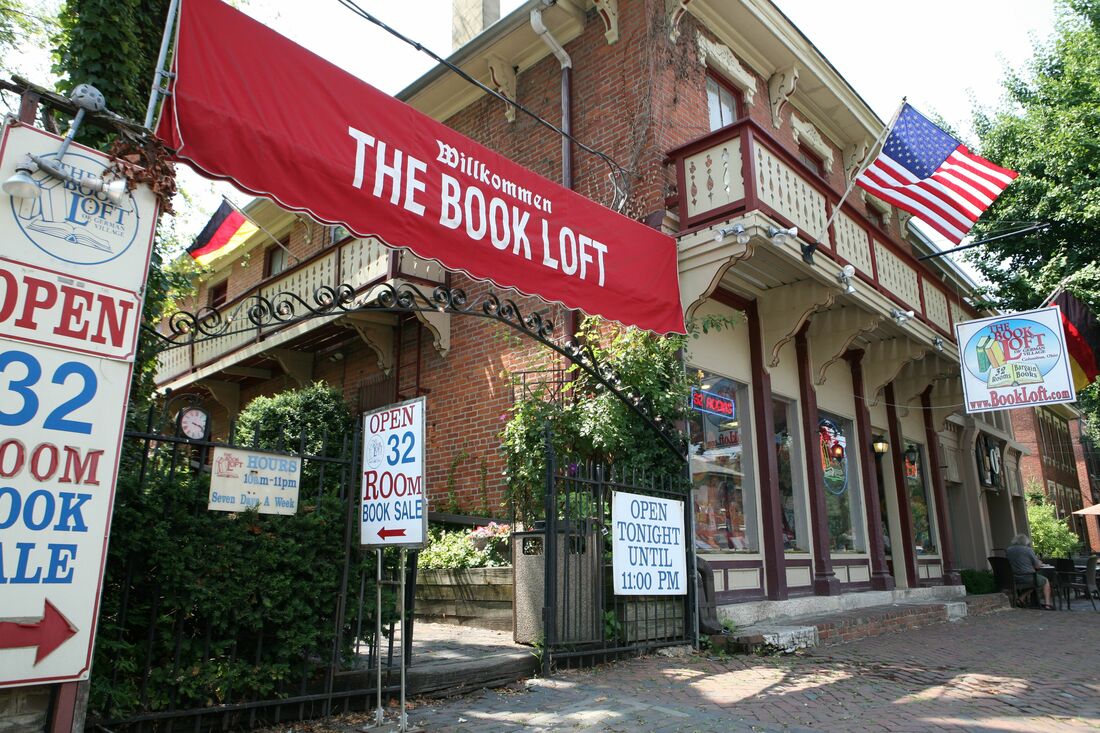|
I met with the Panera Posse yesterday.
One of the girls who used to teach at a school school in a poor section of the city was telling the rest of us about a student she once had, a 13-year-old boy, who told her that he didn't expect to live past 16. He told her that he often heard gun shots from his house and that one night while he was out in his neighborhood there was a shoot-out going on around him. He jumped into a trash can for cover. After she told us that story our conversation moved around to a few different topics until it landed on another story the same lady once heard, an Oprah interview with Lionel Richie in which he talked about how being rich and famous can be lethal because you can then have whatever you want, and you don't have to settle for just some of it, you can have all of it. All the drugs. All the alcohol. All the time. He said that having it all can kill you - several of his friends were dead from overdoses of drugs or alcohol because they couldn't handle their success - and he felt very fortunate that he survived. I then wondered if the moral to be derived from both those stories was that a life of extreme wealth and success is as perilous as a life of extreme dead-end poverty? One of the other ladies recalled a magazine article she'd read which claimed that in the United States having an income of $75,000 put people at a comfort level at which they could have enough of what they wanted and needed to be materially happy, and earning above that amount didn't increase people's level of emotional happiness. On the other hand, being financially insecure could lead to hardship and stress and therefore diminnish happiness. I frankly found the $75,000 number to be a little sketchy, especially since the article didn't take into account geographic location and how many people were living off the $75,000. But though the dollar figure might be debatable, I understand the concept: having enough money for the essentials and a little left over for some fun now and then is all you need. And, of course, love.
2 Comments
Romaine
7/24/2014 01:10:12 am
I would agree about having enough money and a little left over makes for a good life. However I think you also have to take into consideration what you have to do to get enough money to begin with - having an occupation you enjoy would be the icing on the cake!
Reply
Patti
7/24/2014 03:55:57 am
Yes, getting paid for what you like doing - how great would that be? But I always say, even if you don't enjoy your job, think of how much you enjoy that paycheck. I guess the worse is being paid squat for a job you can't stand. (Been there!)
Reply
Leave a Reply. |
"Tropical Depression"
by Patti Liszkay Buy it on Amazon: https://www.amazon.com/dp/B0BTPN7NYY "Equal And Opposite Reactions"
by Patti Liszkay Buy it on Amazon: http://amzn.to/2xvcgRa or from The Book Loft of German Village, Columbus, Ohio Or check it out at the Columbus Metropolitan Library
Archives
July 2024
I am a traveler just visiting this planet and reporting various and sundry observations,
hopefully of interest to my fellow travelers. Categories |







 RSS Feed
RSS Feed